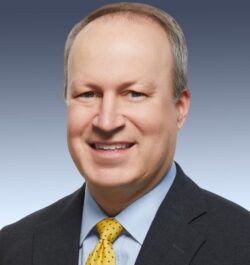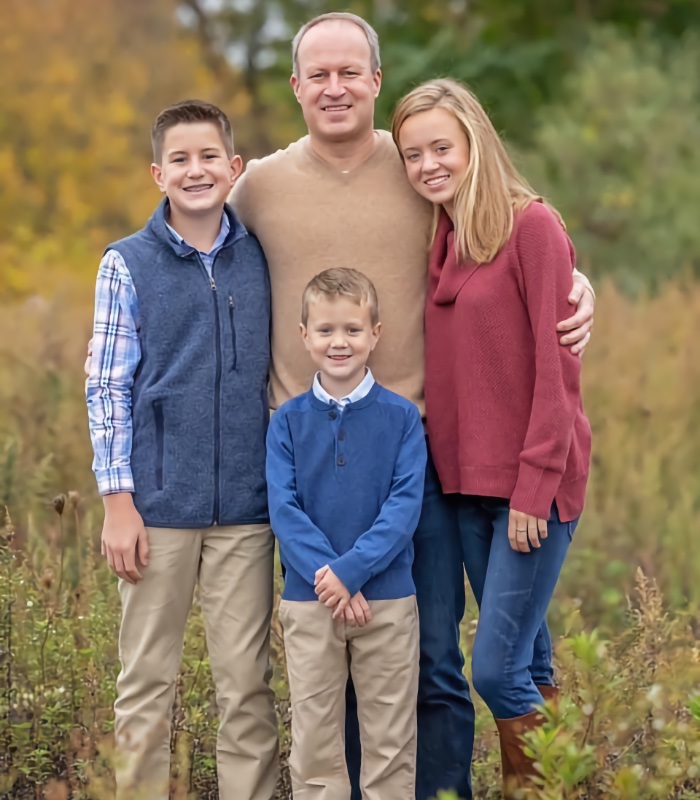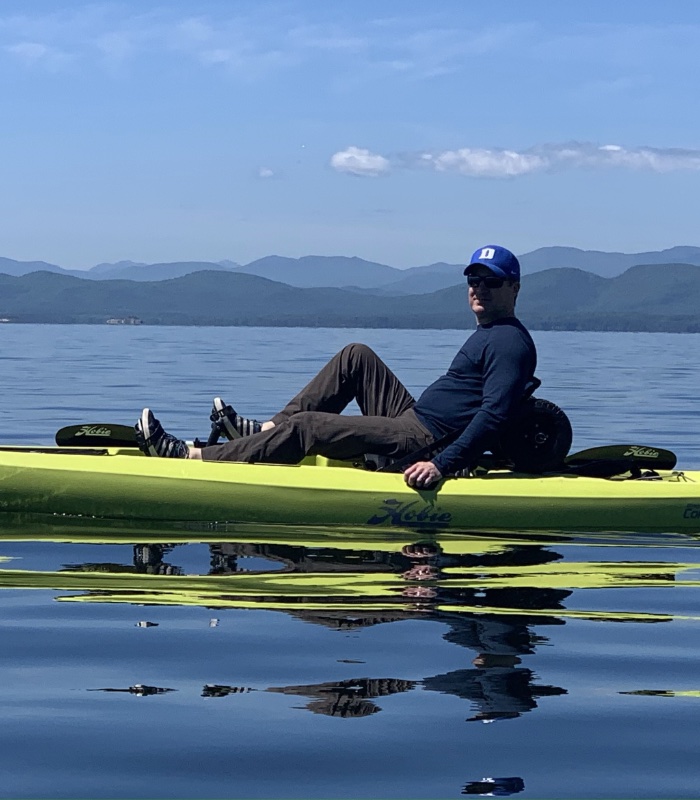“I find the shoulder the most interesting joint in the body. It has a remarkable range of motion, which depends on many muscles and tendons working together in concert. Understanding this sophistication allows me to routinely treat complex and unique shoulder problems that other providers hesitate to tackle.”
Orthopedic Specialists in Shoulder Pain
and Common Shoulder Problems
Dr. Risinger – Renowned Specialist in the Care of Shoulder and Sports Injuries
What Should You Expect From An Evaluation?
Medical History
The first step in the evaluation is a thorough medical history. You’ll first be asked some basic questions about your medical history and lifestyle, how and when the pain started, whether it has occurred before, and how it was treated. Distinguishing between an acute and a chronic problem is also diagnostically helpful.
Because most shoulder conditions are aggravated by specific activities and relieved by others, a medical history can be a valuable tool in finding the source of your pain.
Physical Examination
A complete physical examination includes inspection and assessment of your range of motion. Your doctor will look for physical abnormalities, swelling, deformity, or muscle weakness, and check for tender areas.
Tests
Specific tests may be ordered to help identify the cause of your pain and any other problems.
- X-rays
- Magnetic resonance imaging (MRI) and ultrasound
- Computed tomography (CT) scan
- Electrical studies. Your doctor may order a test, such as an EMG (electromyogram), to evaluate nerve function
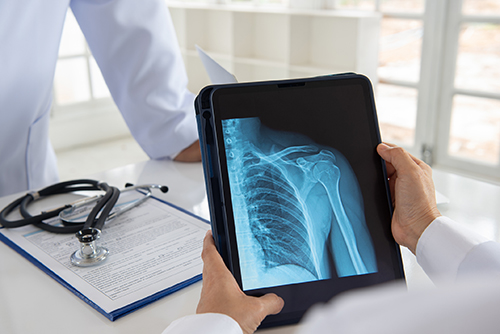
What Can Cause Shoulder Pain?
Shoulder pain can originate from many different factors; however, they typically fall into one of four categories:
- Bursitis, tendon inflammation (tendinitis), or tendon tear
- Fracture (broken bone)
- Arthritis
- Shoulder instability
Within these categories, there are a number of common shoulder problems:
- Rotator cuff tears
- Dislocation, labral tear
- Frozen shoulder
- Osteoarthritis
- Sports-related trauma

Shoulder Pain Treatment Options
After your evaluation and imaging tests, your doctor will talk with you about your diagnosis and explain what treatments are available. Together, you’ll decide on a personalized treatment plan based on your diagnosis, activity level, goals, and preferences.
Typically, our shoulder doctors first recommend nonsurgical treatment options. Non-surgical treatments can provide relief of symptoms in some, but not all, people.
Nonsurgical Shoulder Treatments
Physical Therapy and Activity Modification
Activity modification involves rest, altering your activities, and physical therapy to help you improve shoulder strength and flexibility. A physical therapist can teach exercises to help prevent reoccurring shoulder pain. Our surgeons refer to a special trusted team of expert therapists, who offer unparalleled treatment plans to ensure you receive the best possible results.
Medications
Your doctor may prescribe medication to reduce inflammation and pain. They may include topical ointments or anti-inflammatory medications such as ibuprofen and naproxen are often used for shoulder pain. In some cases, oral steroids may be prescribed, or cortisone shots can be given to relieve pain and inflammation.
Some of the variables that can affect the likelihood of successful treatment include the significance of the injury and the length of time you have been experiencing symptoms. Surgery may be required to resolve some shoulder problems.
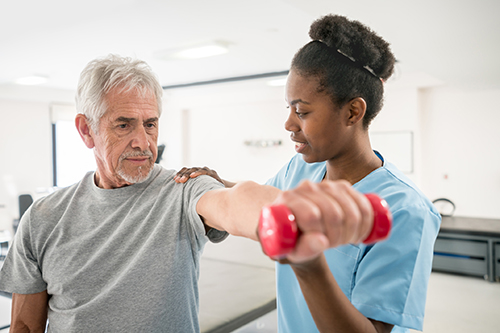
Surgical Treatments
What Should You Expect From Surgery?
The type of surgery you need depends on your injury. Surgery can involve arthroscopic surgery or traditional open procedures for larger reconstructions or shoulder replacement. Open surgery is a traditional type of surgery but less common due to the success of arthroscopic “minimally invasive” surgical techniques that involve smaller incisions. Aside from shoulder replacement, 95% of or our surgical procedures are arthroscopic.
Types of Arthroscopic Surgery:
- Rotator Cuff Repairs
- Instability, Labral Repair
- Correction of Impingement/Bursitis
- AC Joint Arthritis
- Frozen Shoulder
Types of Open Surgery:
- Total shoulder replacement
- Reverse total shoulder replacement
Learn About Surgical Treatments
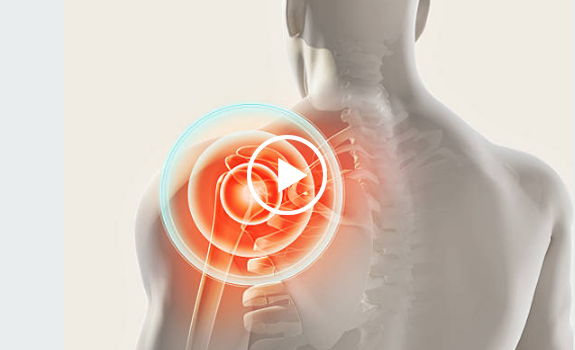
What Does Recovery Look Like?
Shoulder surgeries tend to be major procedures, so it will be a little while before you are completely pain-free. For a procedure that involves your rotator cuff, recovery can take months. Additionally, your shoulder surgeon may provide physical therapy options as well as medications to minimize the pain you feel.
Directly after Surgery – You will be able to go home as soon as your surgeon feels it is safe for you. Here’s what to expect:
- Monitoring your recovery
- Pain management. You will be given medicine to control your pain
- Home care is important. A few small pieces of equipment may be recommended for your home after surgery
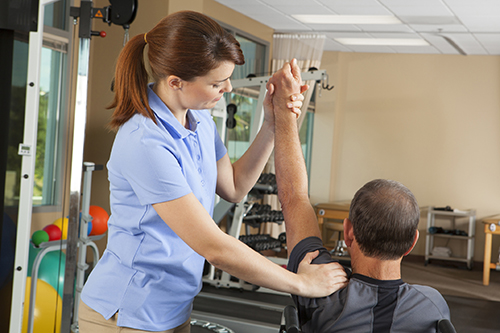
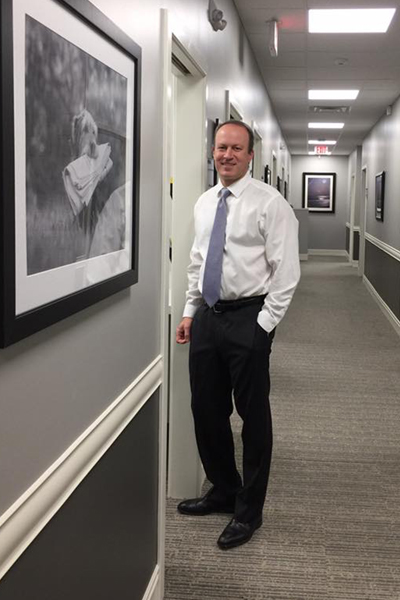
About Dr. Risinger
Doctor Rinsinger prides himself on nurturing the relationships with his patients. He takes time to understand the problems, explains each part of the evaluation in terms easily understood, and why he takes each step that he does for a treatment plan. Dr. Rinsinger makes sure no patient leaves with questions about their visit. He is a recognized leader in the care of shoulder and sports injuries.
Dr. Risinger graduated magna cum laude from Duke University with a degree in biomedical engineering. He then attended Wake Forest University School of Medicine. Dr. Risinger continued on to complete his General Surgery internship and Orthopedic Surgery residency at the University of Vermont in Burlington. He then completed an advanced Orthopedic Sports Medicine Fellowship at Rush-Presbyterian-St. Luke’s Medical Center in Chicago, Illinois. His training at Rush also focused on advanced shoulder replacement techniques. Dr. Risinger is an American Academy of Orthopedic Surgeons Fellow and a member of the American Orthopedic Society for Sports Medicine. He is actively involved in orthopedic resident teaching. Dr. Risinger is a member of the Connecticut Sports Medicine Institute at Saint Francis Hospital and co-heads the research division. He is also a member of the Connecticut Joint Replacement Institute at Saint Francis Hospital where he heads the Shoulder Division. Dr. Risinger specializes in shoulder and knee reconstruction, robotic partial knee replacement (Makoplasty), and shoulder replacement surgery.
Testimonials

I say thank you for being there when I needed your help. You are the best I am very Bless to have gotten my shoulder replacement done. So Thank you Dr Risinger.i feel great. Thanks to you.
wonderful doctor! He thoroughly explained the problem and what are the consequences of doing the surgery or not. He took his time and listened to me. I must admit that I am impressed and that I have never met such a good specialist. I recommend it to every patient...

Knee is working fine so far no pain
Dr. Risinger spent more time with me than any doctor in a long time. His bedside manner is excellent. His concern for my well- being was clear. I would recommend him to anyone in a heartbeat.
Dr. Risinger is wonderful! He is very knowledgeable and always takes time to explain your medical situation and answer any questions you may have. I would recommend him to anyone needing an orthopedic doctor!
Dr Risinger replaced my shoulder and I couldn’t be happier. He is one of the easiest doctors to talk to and he takes his time to do just that.
Dr. Risinger is very knowledgable in his field. He ping point my problem and recommend a treatment. Thank you
Excellent experience. I felt very comfortable with Dr. Risinger and trusted his opinion without question.
Great experience. Felt confident things would go right from first appointment. And it did. Feeling better and pain free.
Dr Risinger is a wonderful surgeon. He also is very reassuring and helpful to your needs. He was very informative about my surgery and how he was able to do it. I have nothing but high praises for Dr Risinger and Dr McAllister. Their practice is wonderful.


